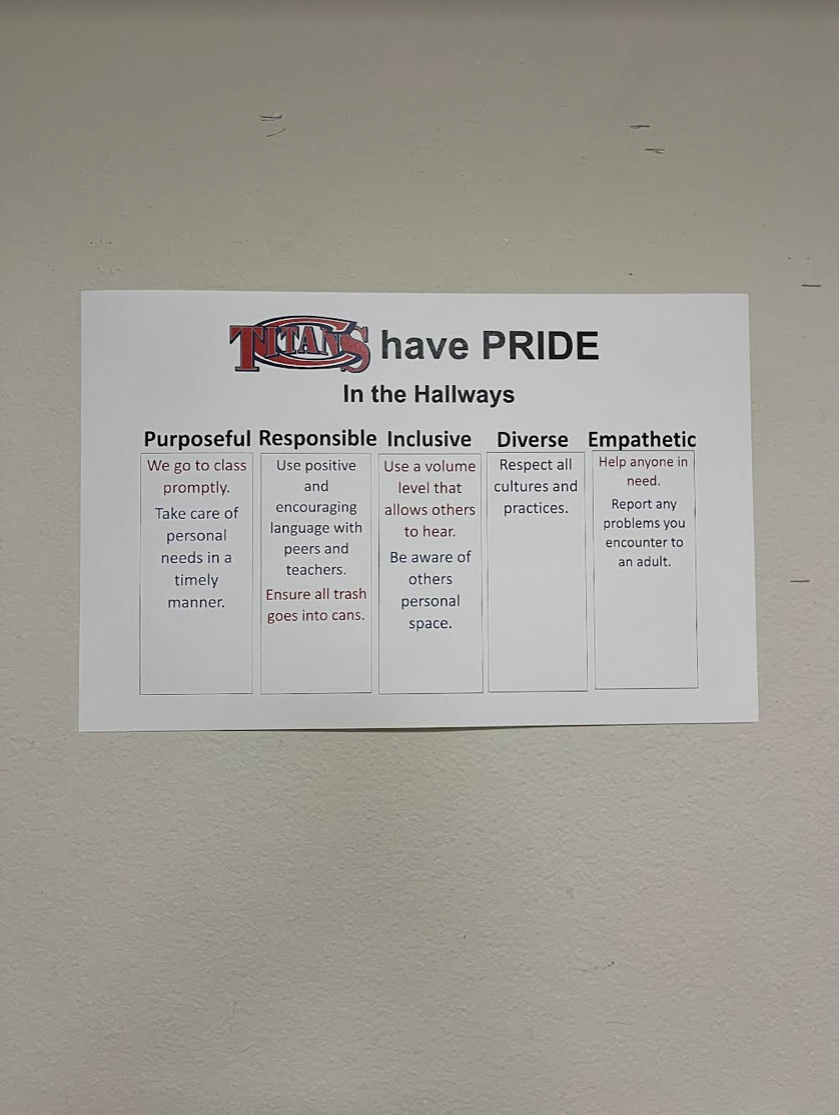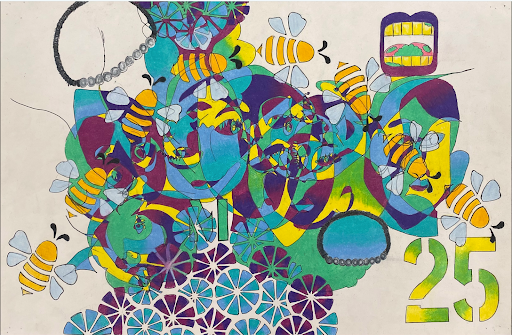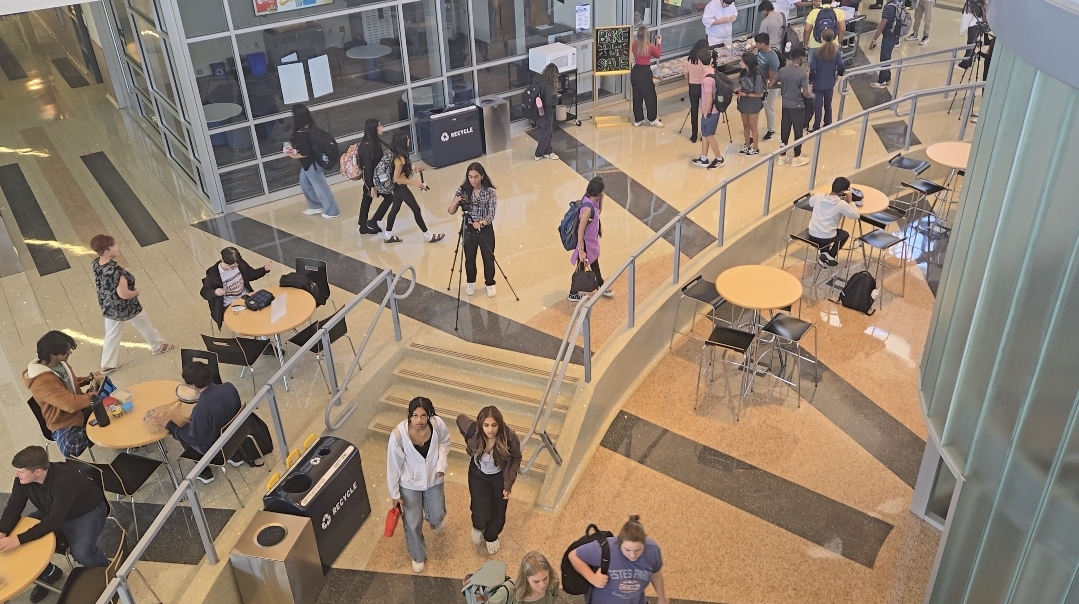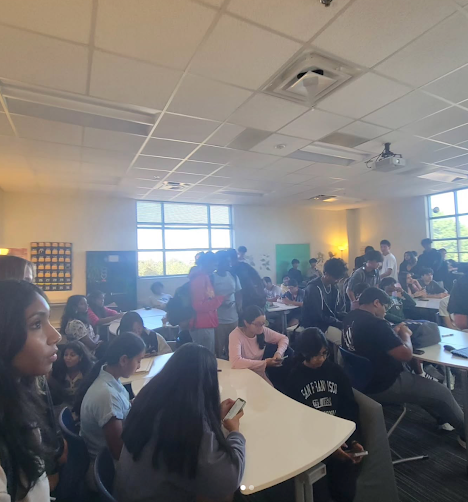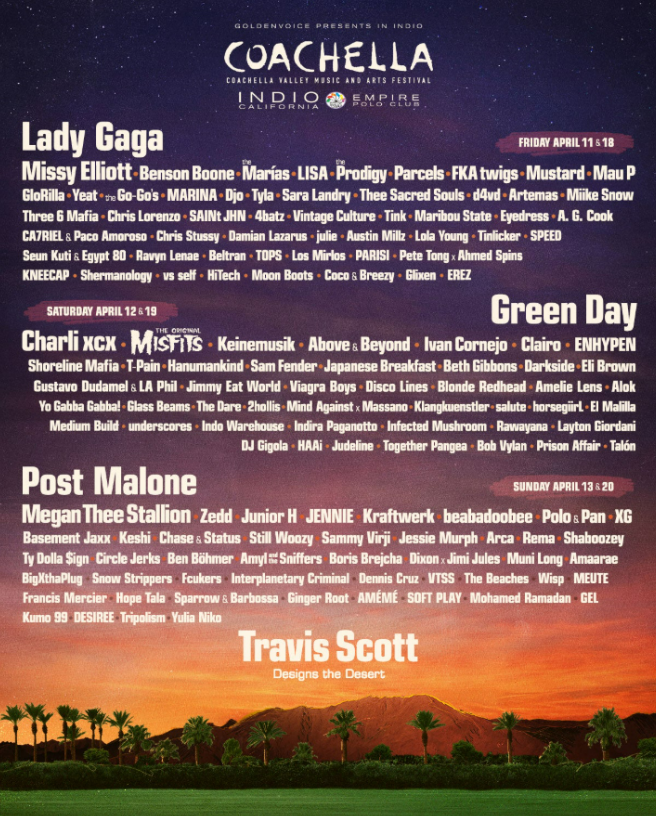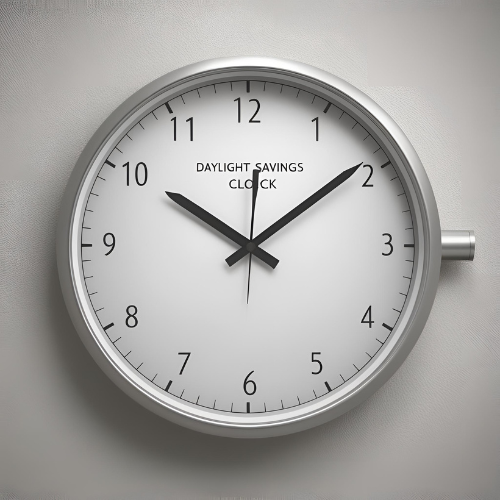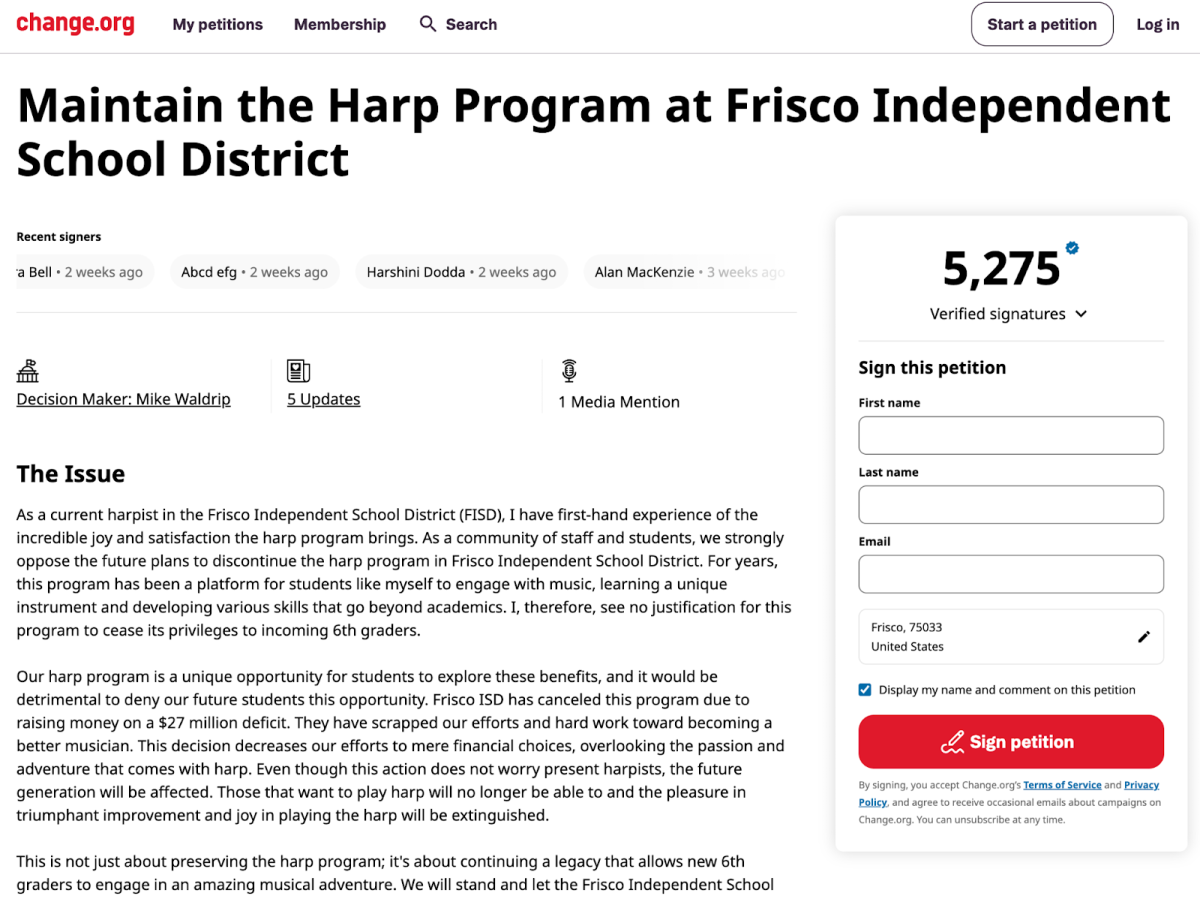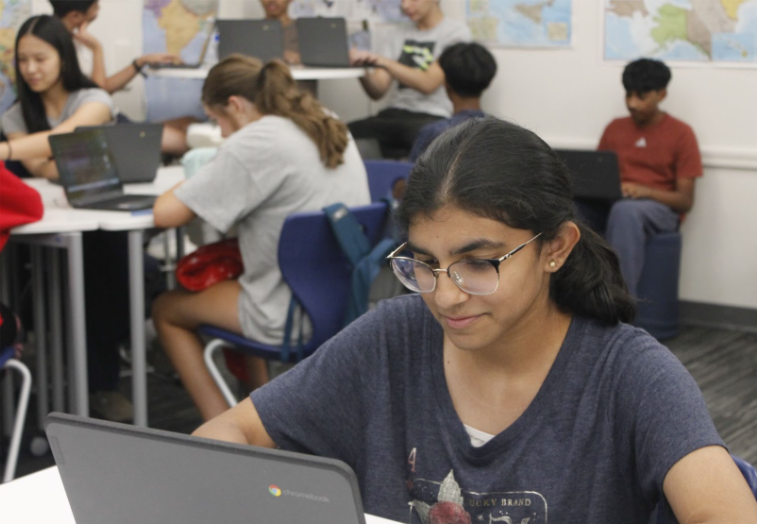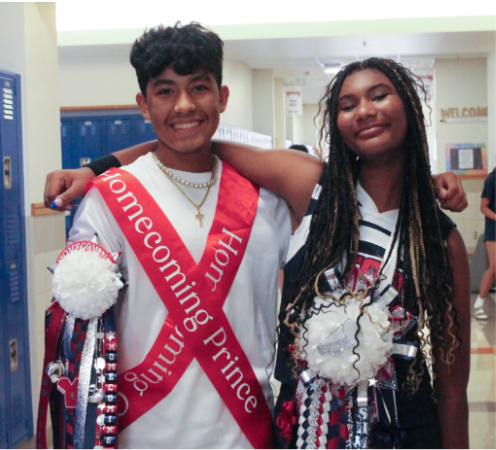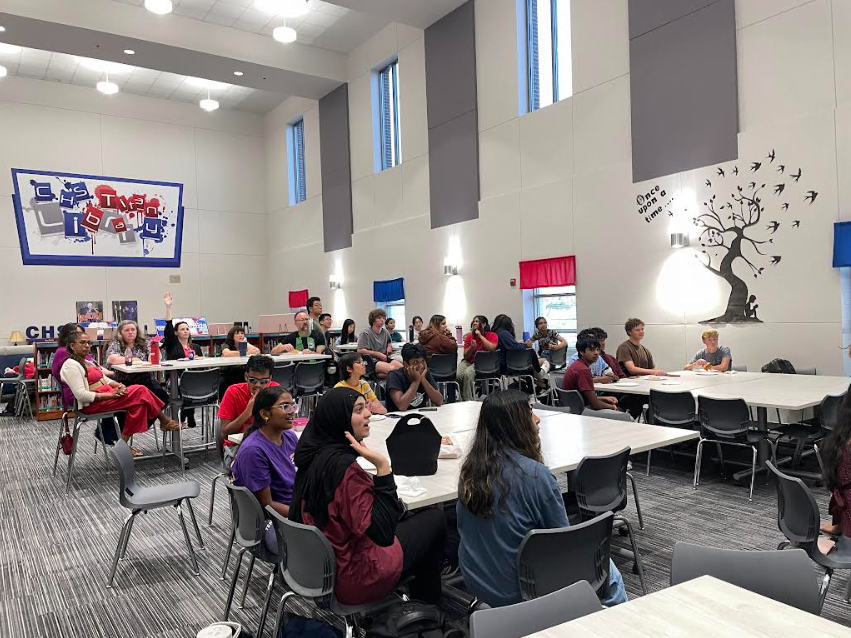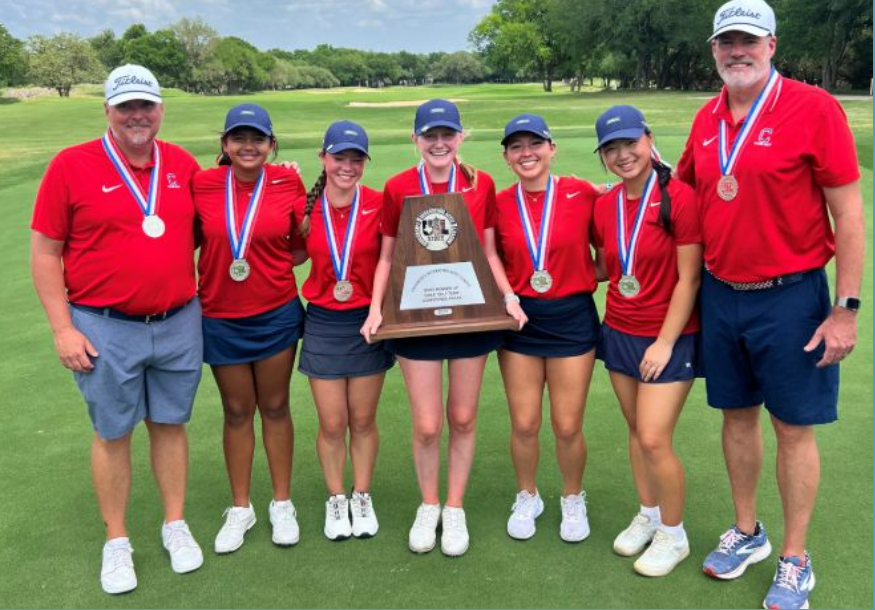Frisco, Texas – While many students spent their winter break catching up on sleep, watching movies, and playing video games, the Centennial High School administration was fashioning a system to reward students’ positive behavior.
This new system will be implemented throughout the second semester of the 2023-2024 school year, giving students “points” to spend on useful perks as a reward for their actions. Some rewards include tardy passes, attendance hours, a reserved lunch table, Titan Cash to spend at the school store, and other teacher-specific rewards.
Points can be acquired through showing P.R.I.D.E (purposefulness, responsibility, inclusivity, diversity, and empathy). To further encourage this, signs have been posted around the school displaying ways one can show their P.R.I.D.E. in various locations at Centennial.
While the system is new to Centennial, according to University of Oregon special education professor Rob Hornet, it has been in use since the late 1980s. The system, referred to as PBIS (positive behavior interventions and supports), is an evidence-based practice in which its effectiveness has been repeatedly proven by research, however, it has garnered some controversy among Centennial High School teachers and students alike.
AP Psychology teacher, Mr. Singler, shared “I understand its effectiveness in younger kids, but at the high school level and mentality, I don’t think there will be a huge portion of the student body buying into it.”
Mr. Singler also referenced the psychological concept of the overjustification effect which states that when an action is rewarded, the action is no longer enjoyable and is only done for the sake of earning a reward. “While these incentives might provide temporary solutions to campus behaviors, it conditions the brain in a way that can be harmful in the future.”
Mr. Singler’s opinions also reflect those of students, with junior Vivian Olson sharing “It’s kind of biased because every teacher has a different definition of what P.R.I.D.E is. Also, I feel like most people have already forgotten about it and no one’s really trying to earn points.”
However, not everyone views this system the same way. In fact, many students are eager to earn points and cash them in for rewards.
Junior Connor Malloy shared “I think it’s a good incentive to go above and beyond and also to have good relationships with teachers. Even if it feels forced at the beginning, it might start to become the norm.”
Teachers are witnessing the impact of this system first-hand and many see the value of a token economy in building the students up.
Mr. Chamberlain shared his perspective saying, “The points I have given have resulted in really good feedback from the students and the parents. One of the students I gave a point was even choked up when coming to thank me. Teachers don’t often contact parents about a student unless it’s for a negative reason, but with PBIS, students can receive positive reinforcement more than they would’ve without it.”
The conversation surrounding this topic will likely continue to occur, however, only time will tell whether or not the system will prove to be beneficial. Yet, whether or not it succeeds, the system will provide highly beneficial information on the student body and how to approach future behavior management methods.


